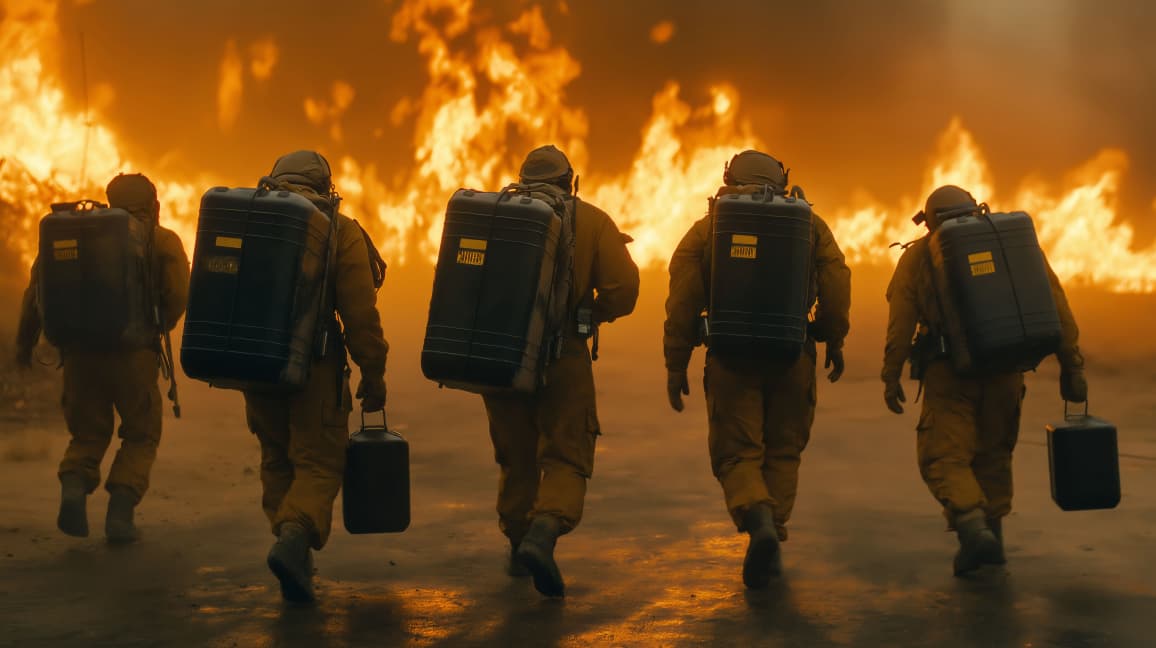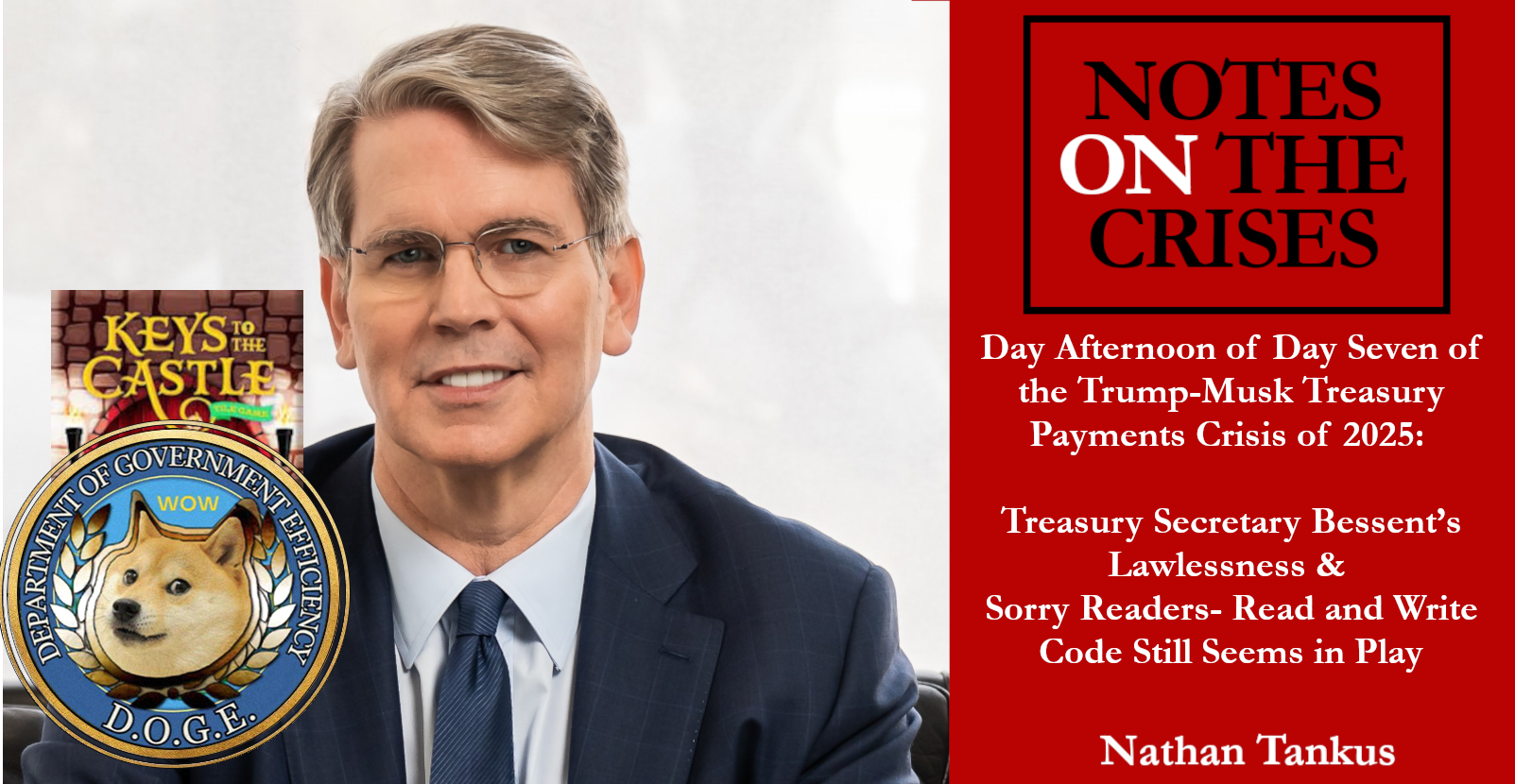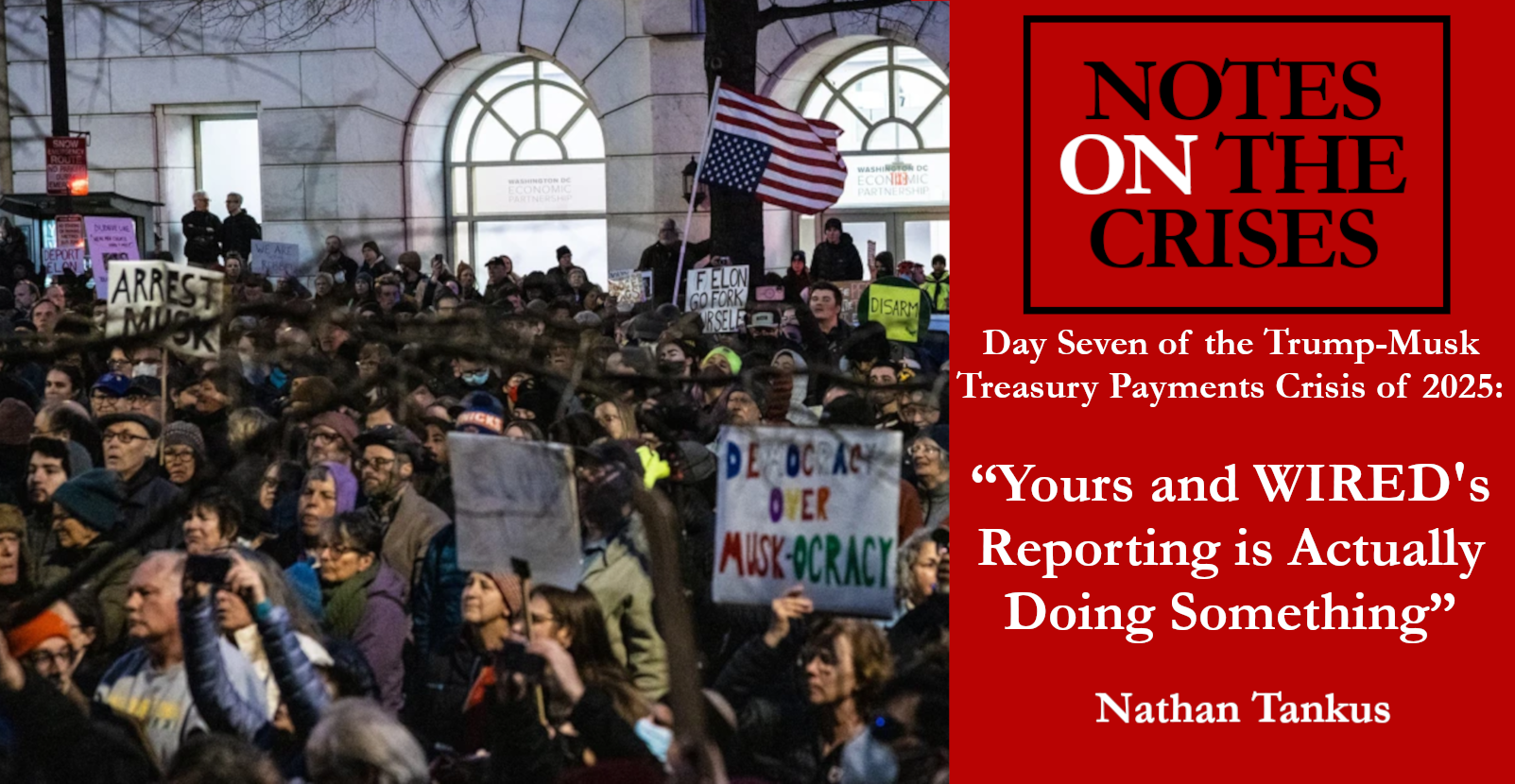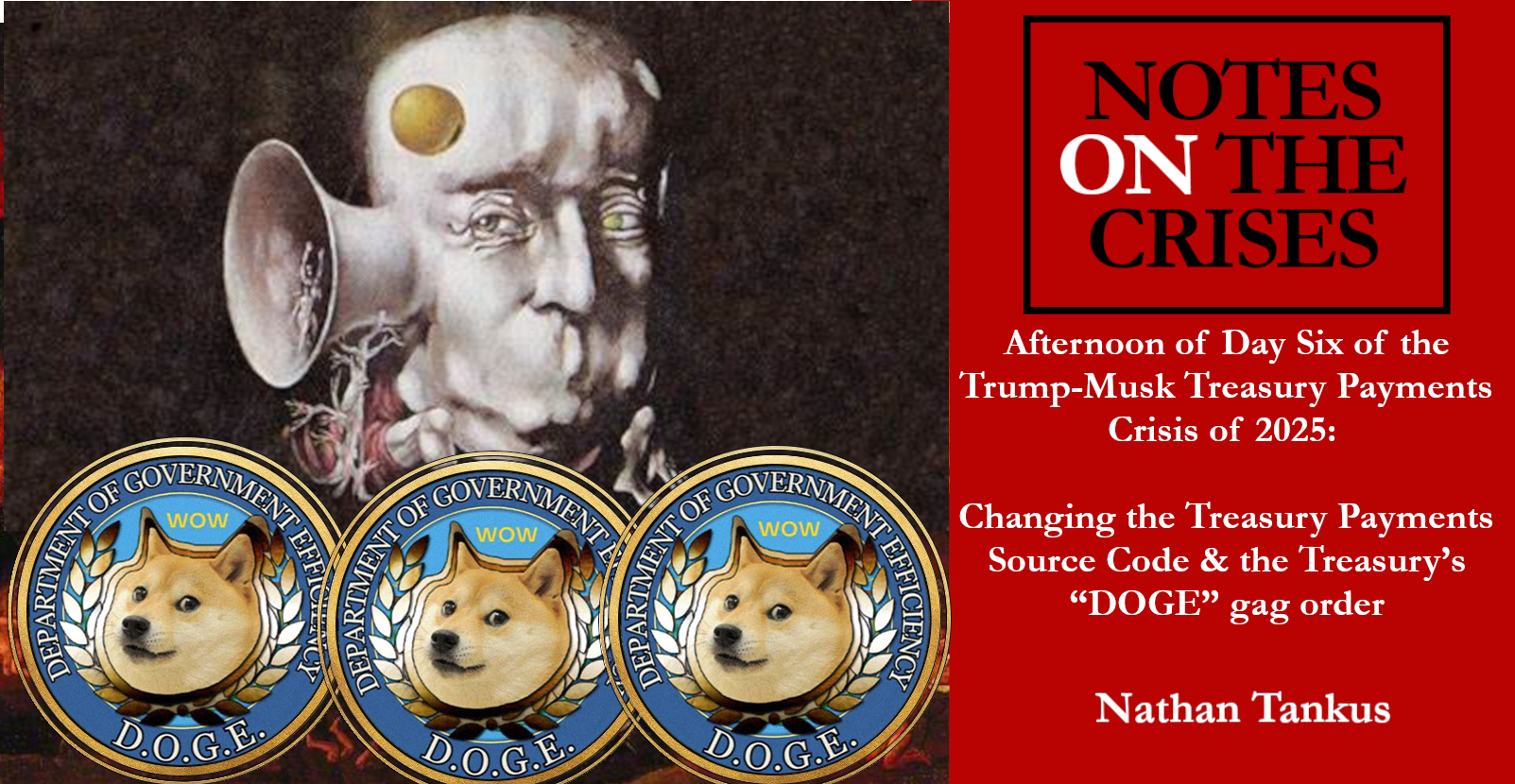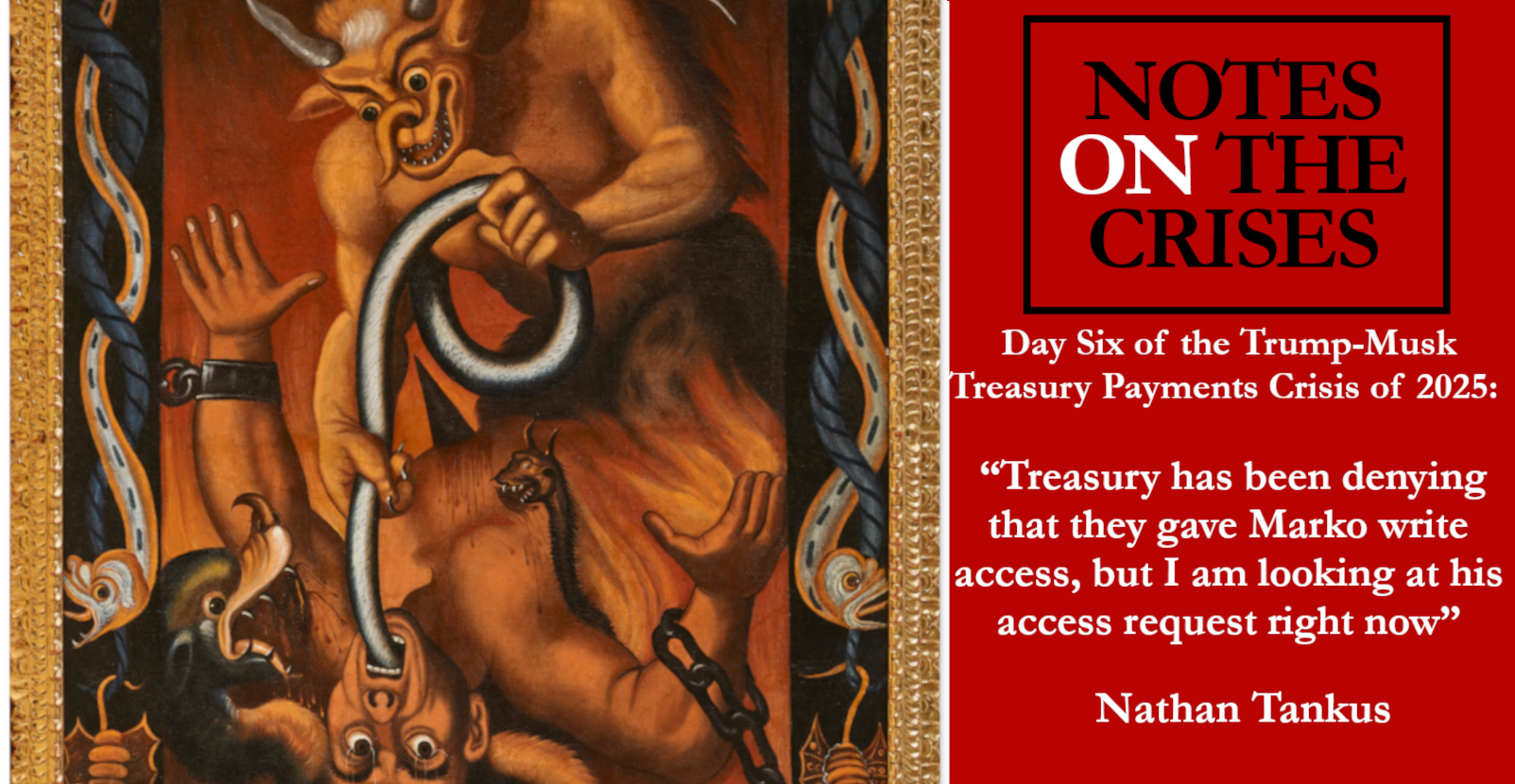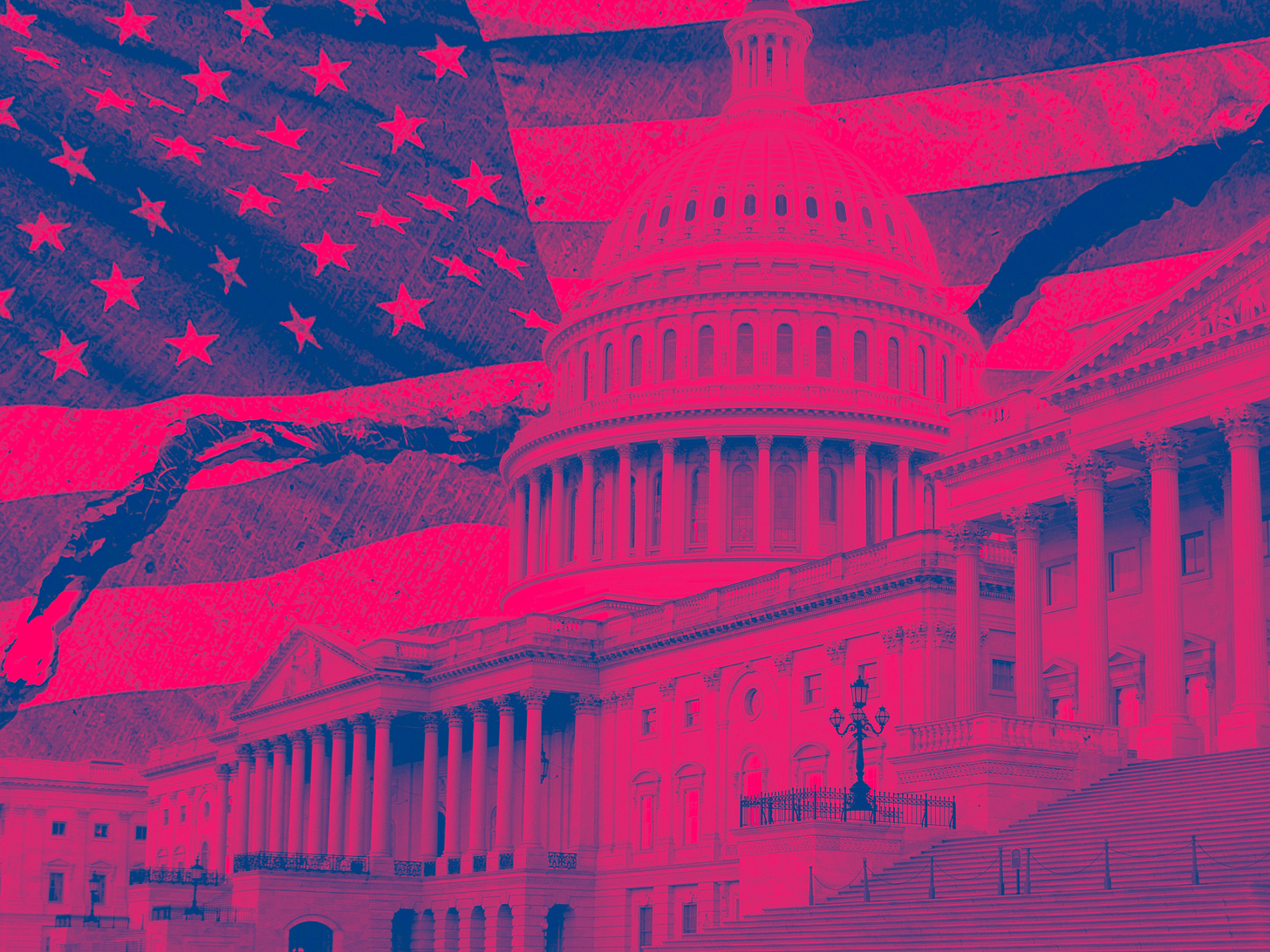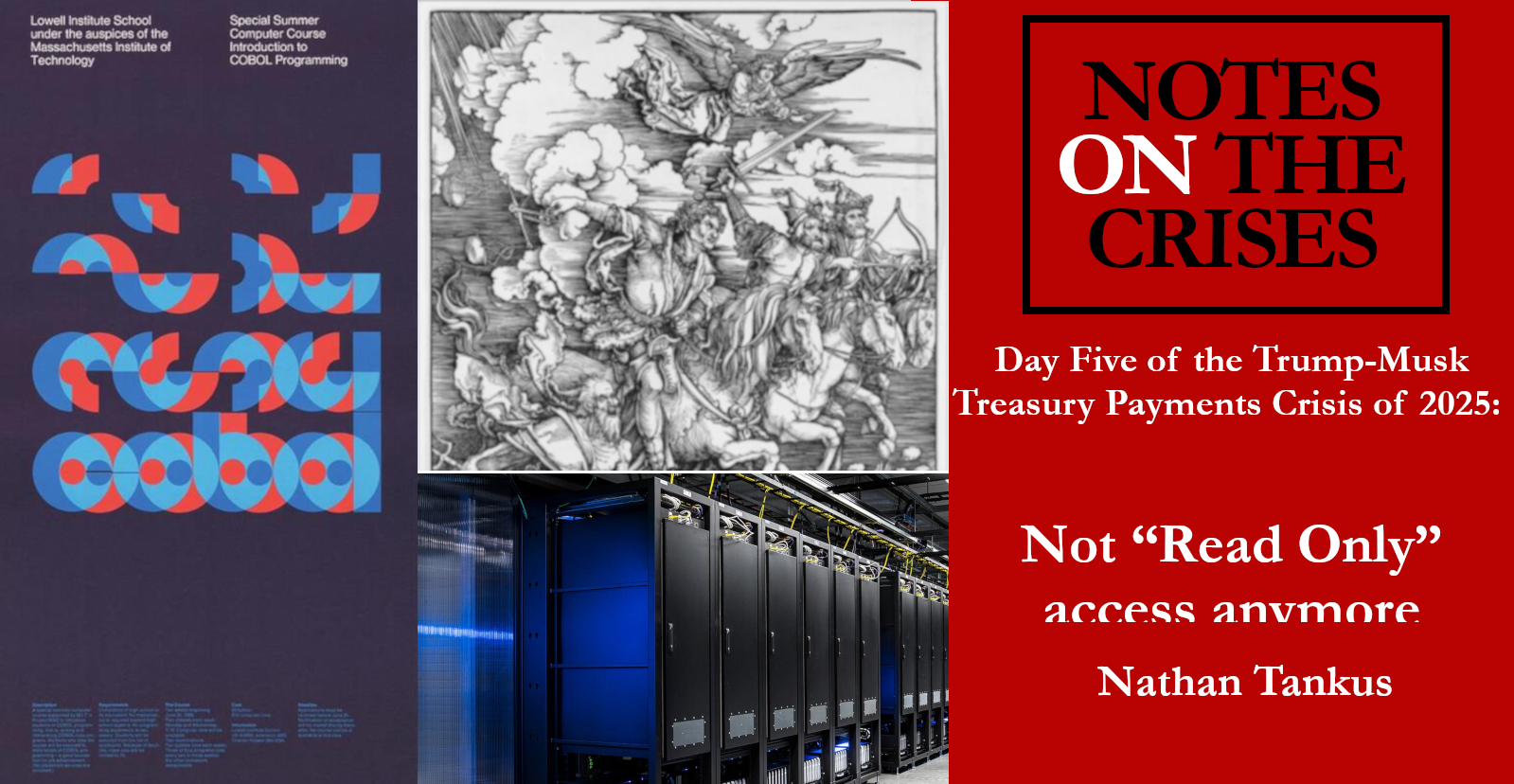There have been improvements, including the replacement of the Administrative Appeals Tribunal, increased funding to some agencies and the introduction of the National Anti-Corruption Commission (NACC), although without the power to hold public hearings whenever they are in the public interest.
Overall, the government’s broader record on integrity and transparency remains wanting.
- There is no Whistleblower Commissioner or Office as Labor promised in 2019.
- This government’s record on dealing with freedom of information requests remains poor.
- Integrity agencies remain underfunded even as their responsibilities expand.
- Ministers are not required to, and do not proactively, publish their diaries to reveal who they are meeting with.
- The response to the Robodebt scandal has failed to achieve justice for victims of the unlawful scheme, with the NACC subject to adverse findings over its handling of the matter.
- David McBride is behind bars for blowing the whistle on alleged Australian war crimes in Afghanistan.
This Tuesday, the Australia Institute and Fairer Future will convene a roundtable of integrity experts and officeholders emeritus to discuss the decline in accountability and the role of the integrity arm of government: including auditors, ombudsmen, anti-corruption commissioners and information commissioners.
The media is invited to attend community independent Senator David Pocock’s keynote address, which will open the roundtable.


